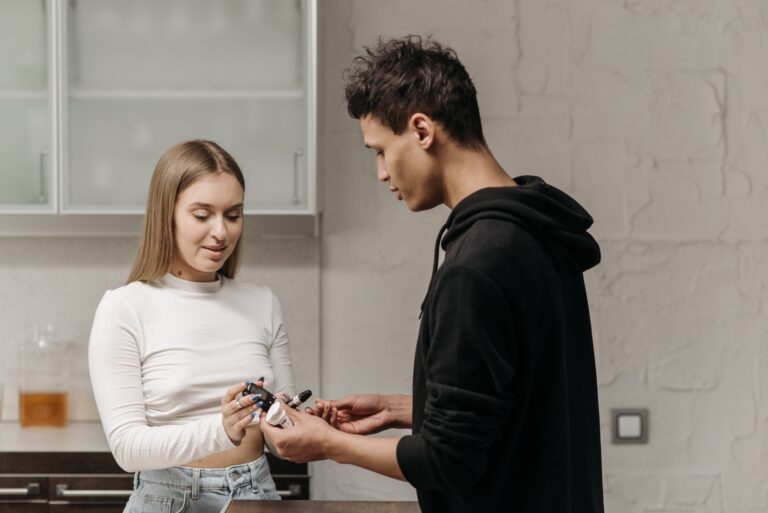Donating blood and plasma is a crucial way to help others in need, but for those managing diabetes, questions often arise about eligibility.
In this article, we’ll tackle the common query: “Can a Diabetic Donate Plasma?” as we uncover how diabetes management and blood donation intersect.
As awareness grows about the importance of blood and plasma contributions, it’s essential to address concerns specific to individuals with diabetes. Join us as we break down eligibility criteria, the impact of blood glucose levels, and the role of well-managed diabetes in determining the ability to contribute.
Let’s navigate through the facts, dispel myths, and shine a light on the connection between diabetes and the impactful act of donating plasma.
Can a Diabetic Donate Plasma?
People with diabetes in the U.S. can usually donate blood if their condition is well-managed with insulin or oral medications, and their hemoglobin levels are normal, according to the FDA. The NIH confirms this applies to both type 1 and type 2 diabetes, as long as the person is feeling well.
There are some criteria to meet for blood donation, including being in good health, at least 17 years old in most states, weighing at least 110 pounds, and being free from illness symptoms like a cold or flu. Donors can give blood every 56 days, but those with diabetes might be advised to wait longer between donations.
In the UK, the NHS recommends against blood donation for people with diabetes who take insulin.
A 2017 study suggests that blood donation can affect HbA1c levels in people with type 2 diabetes for at least 2 months, recommending a 4-month waiting period between donations.
It’s important to be aware that diabetes symptoms could impact a person’s ability to donate blood. Following these guidelines ensures the safety of donors and the blood supply.
Does the type of diabetes make a difference?
Diabetes comes in two types—type 1 and type 2—each impacting how the body handles blood sugar. In type 1, the body produces little to no insulin, requiring insulin injections. In type 2, the body resists insulin, and external sources or medications are needed to manage blood sugar.
Whether it’s type 1 or type 2, successful blood donation depends on how well a person manages their diabetes. Those who effectively control their blood sugar should face no issues with donating blood.
For anyone with diabetes planning to donate blood, it’s important to closely monitor their blood sugar levels to ensure they are within the acceptable range on the donation day.
The Process
Donating blood with diabetes is much like for anyone else. Just remember to bring your tools to manage blood sugar levels.
Before Donating:
- Fill out paperwork and provide donor registration info.
- Bring ID (driver’s license or passport).
- Answer health questions and undergo vital signs check.
During Donation:
- Clean the donor’s arm and insert a needle to draw blood.
- For whole blood, the process takes 8–10 minutes.
- Apheresis or other methods may take up to 2 hours.
After Donation:
- Cover the needle area with a bandage.
- Rest for 15 minutes, offered snacks, juice, or water.
- Individuals with diabetes can bring their own snacks.
- Monitor blood glucose levels regularly.
- Self-care includes staying hydrated and eating iron- and mineral-rich foods to replenish lost compounds from donation.
Summary
People dealing with diabetes often struggle to control their blood sugar, often relying on insulin for balance. However, even though diabetes and blood sugar levels can affect individuals differently, managing the condition well should not stop them from donating blood.
After donation, individuals with diabetes should pay extra attention to their blood sugar levels during recovery. They might need to tweak their insulin levels as they bounce back from the donation process.







